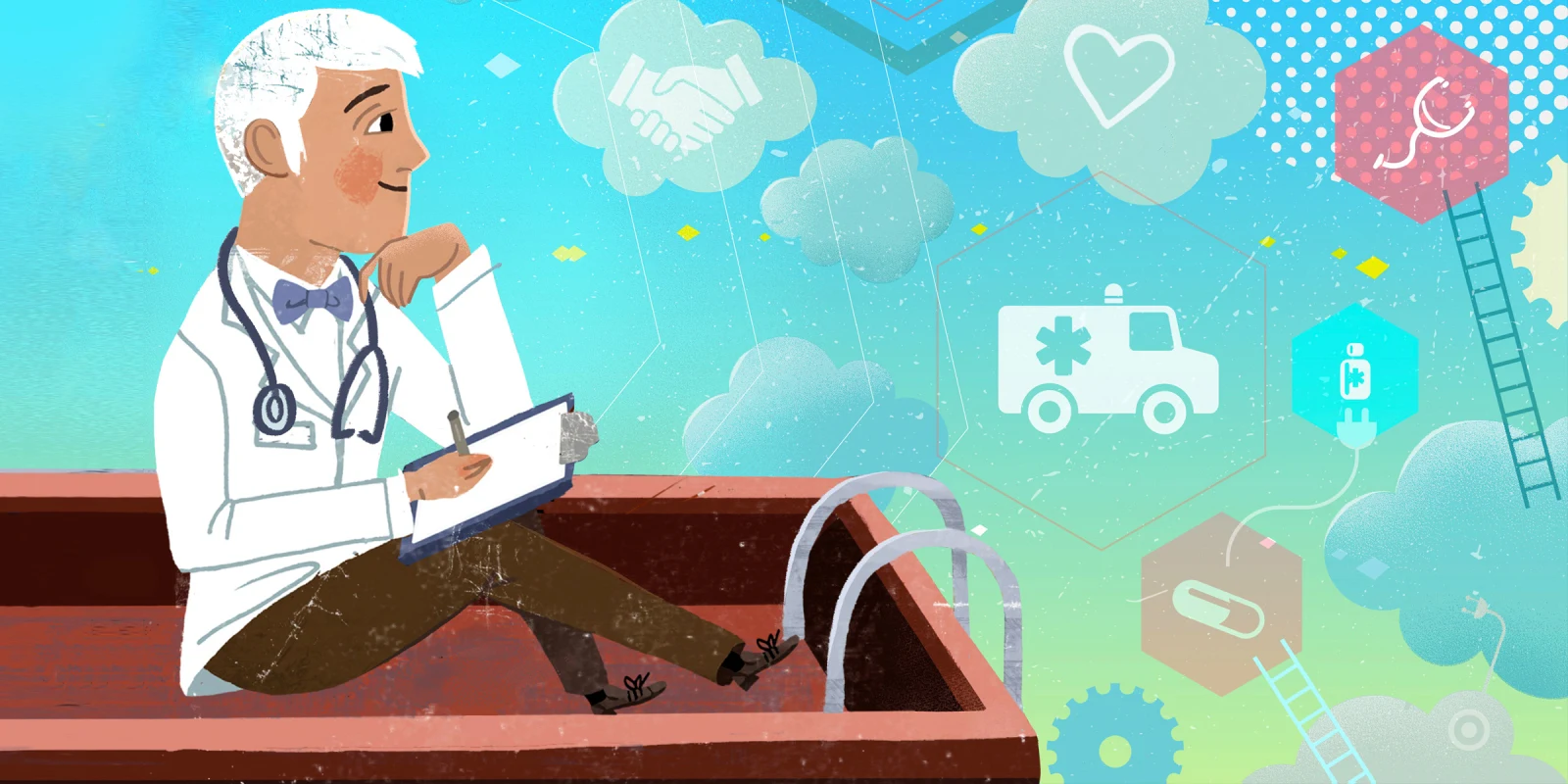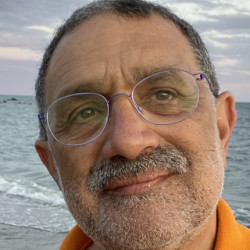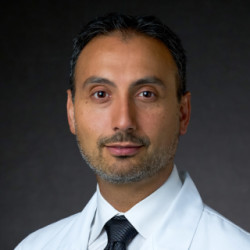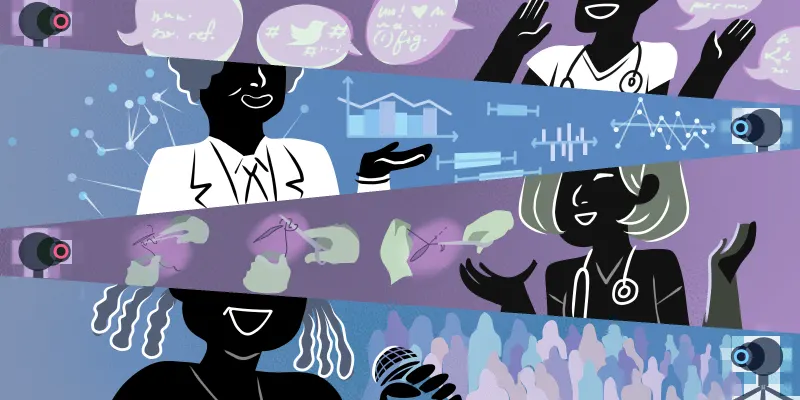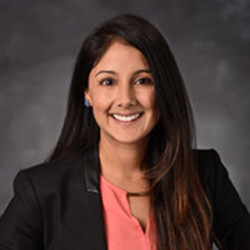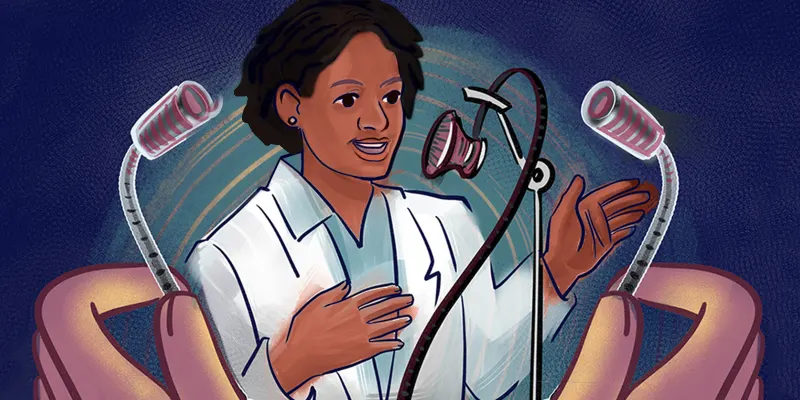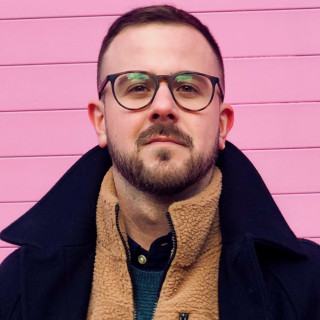For those of us who have enjoyed their career, the idea of retirement gives us pause. A slew of questions arise: Am I ready to shed my professional identity? Will retirement be personally fulfilling? How will I maintain a circle of friends? What is my purpose in life? Will I be bored?
I spent the vast majority of my career running a solo private (endocrine/internal medicine) practice and a small software company, both now shuttered. These two disparate endeavors worked synergistically to enable me to provide high quality, efficient medical care, and both were personally fulfilling and economically remunerative.
In 2017, it became apparent that my two-and-a-half-decade-old medical practice was not sustainable in the era of corporate medicine and I decided to become an “employed” physician.
What I subsequently learned was that corporate medicine created a work environment that was inefficient, while it amplified the stress of an inherently stressful occupation. This made it exceedingly difficult for me to provide care to my patients in a manner that met my standards.
In the spring of 2022, because my clinical skills had diminished, corporate medicine adversely impacted my ability to provide care, and work-induced stress was particularly unpleasant, I decided I would become a part-time physician, effective October 2022.
Before I actually began my new, part-time career, I was backpacking in Alaska's Wrangell-St. Elias National Park. Our group followed a glacier river up to a mountain pass. At peak elevation, I turned around to see the river below, its banks’ speckled with verdant patches of grass and flowers in all the hues of the rainbow, with a 30-mile vista of granite mountains encased in glaciers and snow fields, all under a crystal-clear blue sky. The scenic grandeur was overwhelming and there was a complete absence of the “stress” that had become an integral part of my being.
In that instant, I had a moment of cognitive clarity: It became obvious that I needed to retire from the career I loved. I turned to the person next to me and said, “I am going to quit my job.”
When I returned to my one-person tent, I dictated a resignation letter to my employer.
In August 2022, I posted a retirement letter to my patients, some of whom had been under my care for three decades. I've seen many through the highs and lows of life — the death of a spouse, a new family member, major educational milestones, as well as minor ailments and serious illnesses. Telling these patients that their visit would be our last has been emotional for many patients, and for me, too. My biggest regret is that I could not personally select the endocrinologist who was to replace me, as that is not the reality of today’s corporate health care system.
I have spent most of my adult life subjugating my personal needs to the needs of my family and patients. While I have some regrets, it has been a wonderful life.
Moving forward into retirement, I have decided that my mantra will be, "It is now our time,” and by “our” I mean me and my wife, Gail.
My kids have already said, “You now have so much free time, can you do XYZ for me.”
My response was, “I have helped set you up for life and you are doing amazingly well. Henceforth, I'm only going to do the things that we want to do. You are welcome to ask me for my help, but don't expect that I will automatically say ‘yes.' It is now our time.”
My initial retirement plan is to do more of my current hobbies — recreational cycling, woodworking, blogging, attending lectures — and I have begun to read recreationally.
And there is so much to learn about our world. As the Boston/Cambridge community provides nearly unlimited learning opportunities, it will be the perfect venue for my retirement. I also have a wealth of medical/IT experience that I am eager to share freely, perhaps with some of the health-tech startups in the area. And, of course, I have a retirement activities to-do list that I update almost daily.
Like so many other retiring physicians, I worry that I may not find enough to keep me intellectually engaged and physically busy. Hopefully, some of my aforementioned plans will prove those concerns to be unfounded.
And I will, of course, keep an eye open for unexpected opportunities that might arise.
Numerous studies have demonstrated that the most important factor contributing to one’s long-term happiness is having many meaningful friendships. Hopefully, my retirement activities will be a source of new friends, and maybe I will try to create a retired men's weekly brunch club at a local coffee shop.
So, I begin retirement with a plan and a mantra: It is now our time.
Do you have a plan for retirement? Share your thoughts in the comment section.
Dr. Zwerling is a practicing endocrinologist who laments the state of health care in the U.S. and the fact that physicians have lost control of the practice of medicine to the consolidated health care institutions, insurance companies, pharmaceutical companies, and Health Information Technology companies (CHIPHIT complex). He also has an interest in health information technology, woodworking, and politics, and blogs periodically at IHaveAnIdea.us.
Image by Luciano Lozano / Getty
